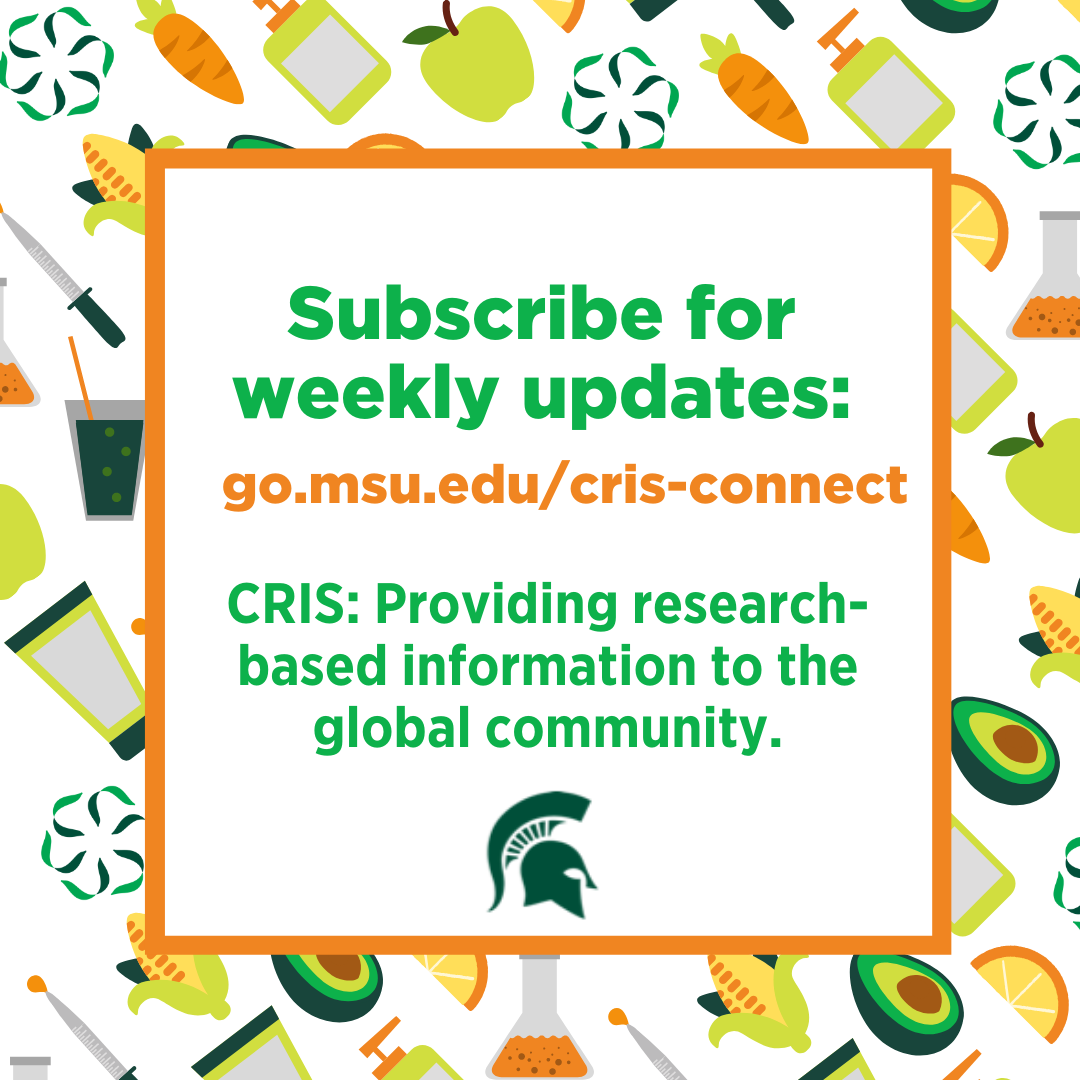New evidence, new outlook: phenylephrine
The ingredient phenylephrine found in over-the-counter decongestant medications isn’t as effective as previously thought. In this post, we examine the new evidence for this popular ingredient.

What is phenylephrine?
Phenylephrine is a decongestant and vasoconstrictor used to help treat mild symptoms of an infection, like a stuffy nose, by narrowing blood vessels in the nose, thus reducing swelling.
We also use it to help dilate the pupil, increase blood pressure, and relieve hemorrhoids. 
Phenylephrine often replaces pseudoephedrine in over-the-counter medications in regions impacted by folks illegally synthesizing addictive drugs.
Where do I find phenylephrine?
We find phenylephrine in many different types of over-the-counter cold medications.
We see it in medicines like nasal sprays, syrups, oral tablets, and more.
What does the FDA consider when making evaluations?
Many data points are taken into consideration when evaluating an over-the-counter therapeutic ingredient. For brevity, we’ll focus on two core areas the FDA considers: safety and efficacy.
-
A therapeutic must be safe for folks to use as directed at the correct dose for the recommended dose-rate.
-
A therapeutic must be effective for folks to use as directed at the correct dose for the recommended dose-rate.
Who evaluates the evidence?
The U.S. Food and Drug Administration (FDA) works with many subject matter experts and committees to help ensure regulations align with the latest evidence.
In this situation, the Non-prescription Drugs Advisory Committee looked into the safety and efficacy of phenylephrine as one of the ingredients in need of additional evaluation.
Note, if you’re curious about the process the committee uses, you can learn more and watch the committee meeting discussing phenylephrine or read the full report.
What does the new report say about phenylephrine?
The Non-prescription Drug Advisory Committee looked at the data and determined that phenylephrine does not work as a decongestant in oral medication at the recommended dose and dose-rate.
The report did NOT look at other routes like phenylephrine-containing nasal sprays.
Is phenylephrine harmful to my health?
The committee did not have safety concerns, only efficacy concerns.
Phenylephrine remains safe to use and consume at the recommended dose and dose-rate.
While you may not find the relief you’re looking for from an oral decongestant containing phenylephrine, you do not need to worry about it harming your health, when taken as directed.
What does this mean for me?
Going forward, when you need a decongestant, you should talk with your pharmacist or medical doctor to determine the most effective medications for you.
The good news.
Many products we use and trust, like sunscreens and lotions with therapeutic properties, contain ingredients regulated as over-the-counter medications. We trust our regulatory agencies to ensure the products we use remain safe and effective.
When researchers discover new evidence that an ingredient isn’t safe or effective, it’s essential for our regulatory agencies to have pathways readily available to get the latest evidence to the regulatory body so they can make decisions to ensure the products we rely on work safely as intended.
Phenylephrine is an excellent example of researchers taking all available evidence and making new data-based recommendations. We look forward to seeing how these recommendations are incorporated into policy in the coming months.
If you have any questions about foods and ingredients, please reach out to us on Twitter, send us an email, or submit your idea to us at go.msu.edu/cris-idea



 Print
Print Email
Email

